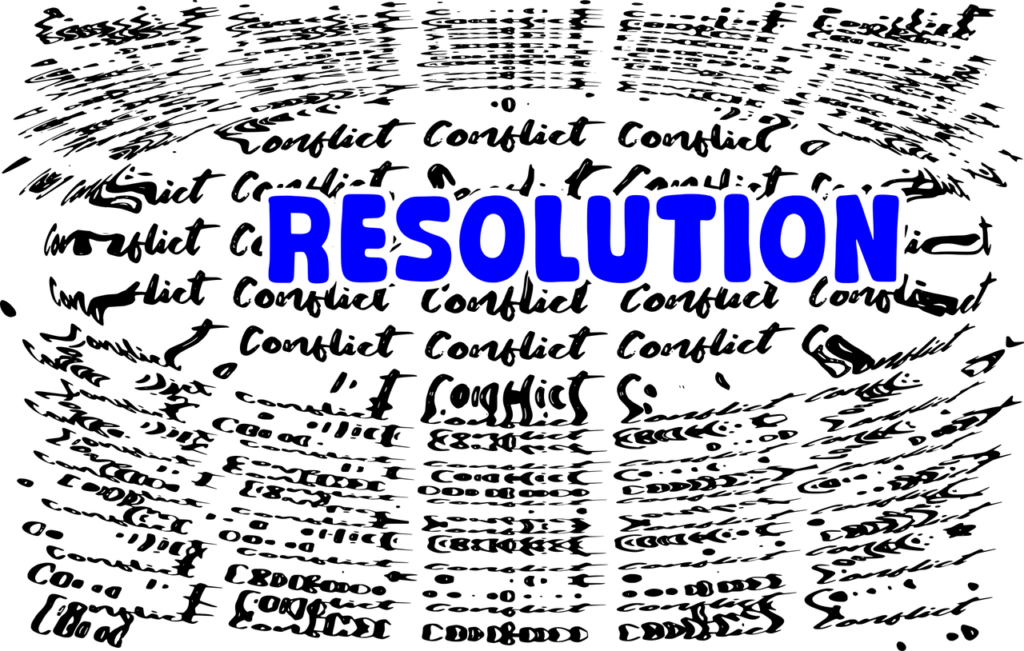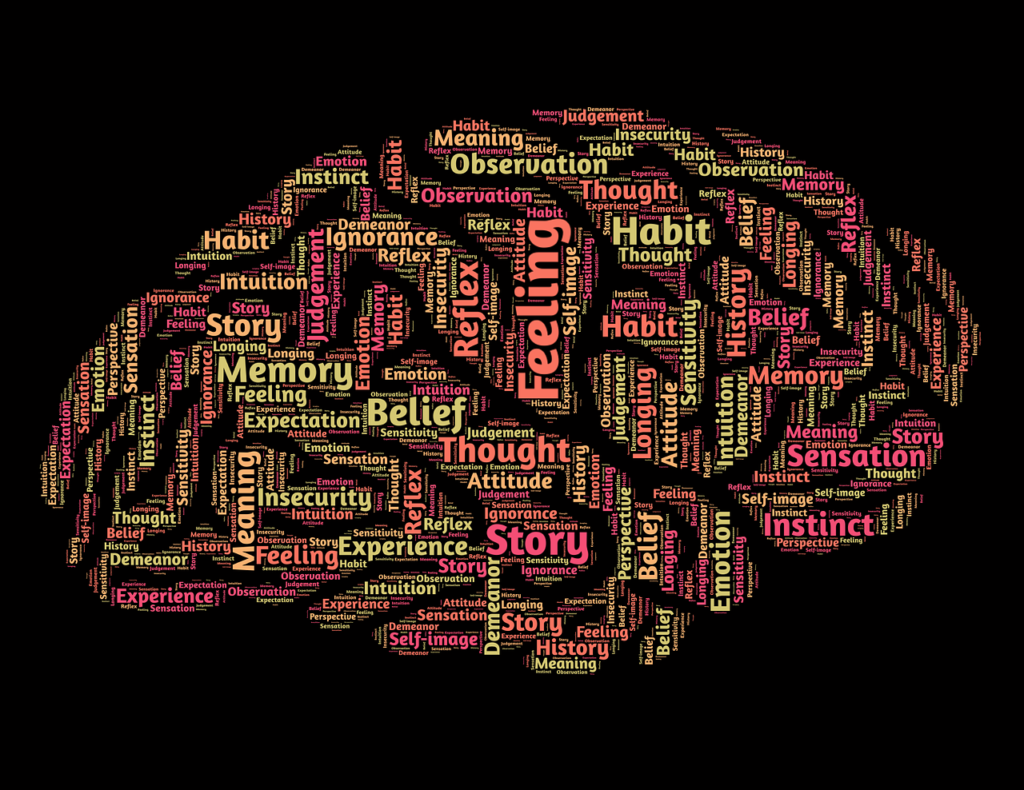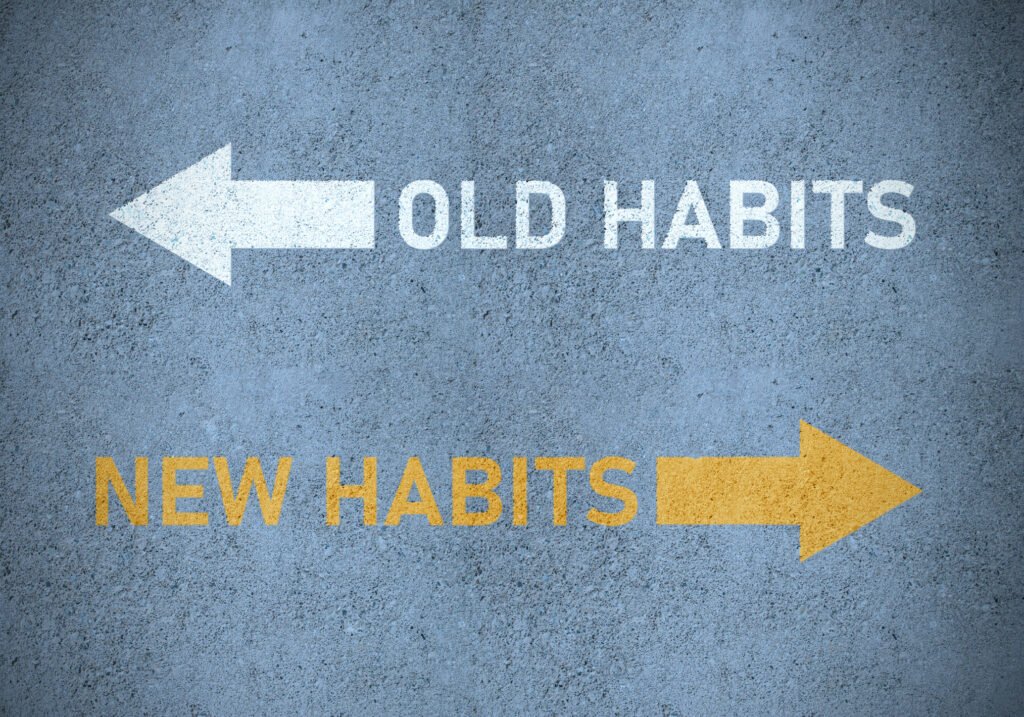
An Overview of New Year Resolutions
As the year comes to end, making New Year’s Resolutions remains the norm. These resolutions, ranging from fitness aspirations to personal growth milestones, symbolize our collective desire to start afresh and improve our lives.
However, the question of their effectiveness lingers, especially as the success rates appear disheartening. To navigate this complex landscape, it’s essential to delve into the core of what makes resolutions both appealing and challenging.
New Year Resolutions often serve as a motivational spark, igniting a sense of purpose and direction. They offer a structured framework for change, setting the stage for new beginnings and inspiring us to take actionable steps toward our goals. Whether it’s adopting healthier habits or enhancing our skills, these resolutions provide a roadmap for personal development.
However, the journey from setting new year resolutions to achieving them is fraught with obstacles. One of the most common issues is the tendency to set overly ambitious goals without a clear, actionable plan. This can lead to a cycle of initial enthusiasm followed by dwindling motivation and eventual abandonment of the resolutions. Therefore, understanding the importance of setting realistic and attainable goals is crucial for sustained progress.
Another factor to consider is the psychological aspect behind resolutions. The allure of a new year often creates a temporary boost in motivation, but maintaining that drive requires continuous effort and a well-thought-out strategy. Recognizing the emotional and mental challenges that come with goal-setting can help in developing a more resilient approach.
In recent years, there has been a shift toward more sustainable practices when it comes to new year resolutions. Instead of focusing solely on end goals, many individuals are now emphasizing habit formation as a more practical method for achieving long-term success. This approach not only alleviates the pressure of immediate results but also fosters ongoing improvement, making the journey toward self-improvement more manageable and fulfilling.
By exploring the nuances of New Year Resolutions, we can better equip ourselves to make meaningful changes in our lives, turning aspirations into achievements.
Popular Misconceptions About New Year Resolutions

There are several misconceptions that undermine the best intentions behind New Year Resolutions. A prevalent myth is the idea that simply making a resolution guarantees success. This overlooks the effort, planning, and commitment needed to achieve meaningful change. Many people fall into the trap of thinking resolutions are a quick fix, expecting instant results without recognizing the ongoing work required.
Another common misconception is that all new year resolutions must lead to dramatic transformations. This belief can set unrealistic expectations, making it difficult to appreciate smaller, incremental progress. True change often happens gradually, and acknowledging these small victories can boost morale and keep motivation high.
Some also believe that willpower alone is enough to see resolutions through. While determination is important, relying solely on willpower can be exhausting and unsustainable. Establishing a supportive environment and creating a structured plan can provide the necessary scaffolding to maintain momentum.
There’s also the misguided notion that if you falter, you’ve failed. This all-or-nothing mindset can be detrimental, causing individuals to abandon their goals entirely after a single setback. Recognizing that lapses are part of the journey and using them as learning opportunities can foster resilience and a more balanced approach to personal growth.
Lastly, the idea that everyone’s new year resolutions should look the same is another myth. What works for one person may not be suitable for another. Personalization is key; understanding one’s unique circumstances, strengths, and weaknesses can lead to more effective and tailored resolutions.
By addressing these misconceptions, we can approach New Year Resolutions with a more informed and realistic mindset. This perspective not only increases the likelihood of success but also makes the process of achieving our goals more fulfilling and sustainable.
Psychological Aspects

The success or failure of New Year’s resolutions is often closely linked to our mental and emotional well-being. At the heart of this issue is the phenomenon of initial enthusiasm. When the calendar flips to a new year, there’s a palpable excitement that can supercharge our ambitions. However, this burst of motivation is often fleeting, and as the weeks progress, maintaining that drive becomes a challenge.
A key psychological element is the concept of instant gratification. In our fast-paced world, the expectation for quick results can be overwhelming. Resolutions often fall by the wayside when immediate progress isn’t visible. Understanding that meaningful change takes time can help manage these expectations. Embracing the journey, rather than focusing solely on the destination, can foster a more sustainable mindset.
Another important factor is the role of self-efficacy—the belief in one’s ability to succeed. High self-efficacy can enhance commitment and persistence, making it easier to navigate setbacks. On the other hand, low self-efficacy can lead to self-doubt and a higher likelihood of giving up. Building self-confidence through small, consistent achievements can fortify one’s resolve.
Social support also has a profound impact on the psychological aspects of resolutions. Sharing goals with friends, family, or support groups can provide accountability and encouragement. This network can offer valuable feedback and motivation, especially during difficult times.
The interplay between stress and resolutions cannot be overlooked. High levels of stress can drain the mental resources needed to pursue goals. Developing effective stress management techniques, such as mindfulness or regular physical activity, can create a more conducive environment for success.
Lastly, the framing of new year resolutions plays a critical role. Positive framing, focusing on what you will gain rather than what you must give up, can enhance motivation. This shift in perspective can make the pursuit of goals feel more rewarding and less burdensome. Understanding these psychological factors can equip individuals with the tools needed to sustain their resolutions throughout the year.
Setting Goals That Are Realistic

To achieve our New Year Resolutions, it is important to set SMART goals. Start by identifying goals that are meaningful and aligned with your core values, as this ensures a deeper commitment to the process. Instead of aiming for grand, sweeping changes, break down your New Year Resolution ideas into smaller, manageable tasks that you can tackle incrementally.
Utilizing the SMART criteria—Specific, Measurable, Achievable, Relevant, and Time-bound—can significantly improve the likelihood of success. For instance, if one of your New Year Resolution ideas is to enhance your fitness, rather than setting an abstract goal like “get in shape,” aim for something more concrete like “jog for 30 minutes three times a week.” This not only clarifies your objectives but also provides a clear roadmap for how to achieve them.
Regularly tracking progress is another essential component. Keeping a journal or using a dedicated app to monitor your achievements can provide a sense of accomplishment and help maintain motivation. It’s equally important to celebrate small victories along the way, as these milestones reinforce positive behavior and encourage continued effort.
Flexibility is key when it comes to New Year Resolutions. Life is unpredictable, and unforeseen challenges can arise. Instead of viewing these as setbacks, consider them opportunities to adapt and refine your approach. This adaptive mindset can make the process less daunting and more resilient to the ups and downs of everyday life.
Lastly, enlisting support from friends, family, or even professional mentors can offer valuable encouragement and accountability. Sharing your New Year Resolutions ideas with a supportive network provides not only motivation but also practical advice and emotional backing. By setting realistic, well-planned goals, you pave the way for a successful and fulfilling journey toward self-improvement.
Alternatives to Conventional Resolutions

Why stick to traditional resolutions when there are countless evolving resolutions that impact our habits as the world changes? Rather than aiming for rigid, end-state goals, focusing on the cultivation of daily habits can lead to lasting changes. For instance, instead of resolving to “lose 20 pounds,” committing to daily physical activity or healthier eating habits creates a sustainable path to better health.
Creating a flexible plan that allows for adjustments is key. Life is full of unexpected twists, and rigid new year resolutions can quickly become unmanageable. A flexible plan accommodates changes without derailing progress, making it easier to stay on track. This approach not only reduces the pressure associated with strict goals but also encourages a mindset of continuous improvement.
Another innovative alternative is the concept of “micro-resolutions.” These are small, easily achievable tasks that collectively lead to significant change. For example, instead of vowing to read more books, you could set a micro-resolution to read for 10 minutes each day. Over time, these small actions accumulate, creating a substantial impact without overwhelming you.
Habit tracking is a powerful tool in this approach. By monitoring daily or weekly habits, you gain a clear picture of your progress and can make necessary adjustments. Whether through a journal, app, or simple checklist, tracking helps maintain focus and motivation.
Incorporating a rewards system can further enhance this strategy. Rewarding yourself for sticking to new year resolutions reinforces positive behavior and makes the journey more enjoyable. Whether it’s a small treat or a day off, these incentives can keep you motivated and engaged.
Lastly, involving a support network can make a significant difference. Sharing your habits with friends, family, or a community group provides accountability and encouragement. This support system can offer practical advice and emotional backing, helping you stay committed to your new year resolutions.
Stories of Success

There are countless inspiring success stories of New Year’s resolutions. Take, for example, an entrepreneur who aimed to strike a better work-life balance. By breaking down her resolution into manageable tasks—like scheduling weekly family dinners and setting boundaries for work hours—she was able to achieve a harmonious lifestyle. This approach underscores the power of incremental progress and the importance of aligning resolutions with personal values.
Another compelling story involves a fitness enthusiast who initially struggled with overly ambitious goals. Realizing the need for a more realistic approach, he shifted his focus to daily habits, such as taking the stairs instead of the elevator and incorporating short, frequent workouts into his routine. Over time, these small but consistent actions led to significant improvements in his overall fitness and well-being.
In a different vein, a young professional set a resolution to enhance her career skills. Instead of diving into a vast array of courses and certifications, she chose to focus on one skill at a time, dedicating a few hours each week to learning. This targeted, step-by-step strategy not only made the process less overwhelming but also resulted in noticeable career advancements.
A community-oriented example comes from a group of friends who collectively decided to volunteer more in their local neighborhood. By setting small, achievable goals—like organizing monthly clean-ups and participating in community events—they not only made a positive impact but also strengthened their bonds and created lasting memories.
These diverse stories highlight the importance of personalization, persistence, and the value of small steps in achieving larger goals. They serve as a testament to the potential of well-crafted resolutions and the joy that comes from seeing them through.
Conclusion

In conclusion, it is clear and evident that New Year Resolutions requires more than just making a commitment. The key lies in understanding the dynamics of resolutions and adopting strategies that foster success. Dispelling the myths surrounding New Year Resolutions can pave the way for more realistic expectations, reducing the frustration that often accompanies unmet goals.
Acknowledging the psychological aspects, such as maintaining motivation and managing stress, is vital. By focusing on habit formation and embracing a flexible planning approach, you can create a sustainable path to personal growth. This shift not only alleviates the pressure of immediate results but also enhances long-term fulfillment.
As we approach 2025, consider integrating New Year Resolutions ideas that are meaningful and aligned with your core values. Utilizing tools like the SMART criteria can help in setting achievable and relevant goals. Regularly tracking progress and celebrating small victories can reinforce positive behavior and keep motivation high.
Seeking support from friends, family, or mentors can provide invaluable encouragement and accountability. Sharing your resolutions with a supportive network enhances the likelihood of success, making the journey more enjoyable and less daunting.
Ultimately, the truth about New Year Resolutions is that they are a powerful tool for self-improvement when approached with the right mindset and strategies. As you set your sights on 2025, remember that each step forward, no matter how small, brings you closer to your aspirations. Embrace the process, and let it lead you to a year of meaningful achievements and personal growth.
Welcome to CerebraVoyage!
